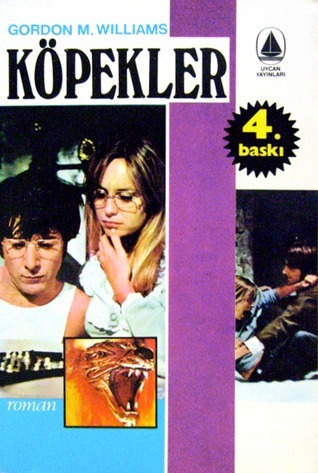What do you think?
Rate this book


217 pages, Paperback
First published January 1, 1969
The third man - Bert Voizey - never felt comfortable in this kind of fancy house. Like one of his own ferrets, he had a natural instinct for creeping about in darker corners. He was not at ease with loud, confident people who stared you straihgt in the eye when they talked to you.